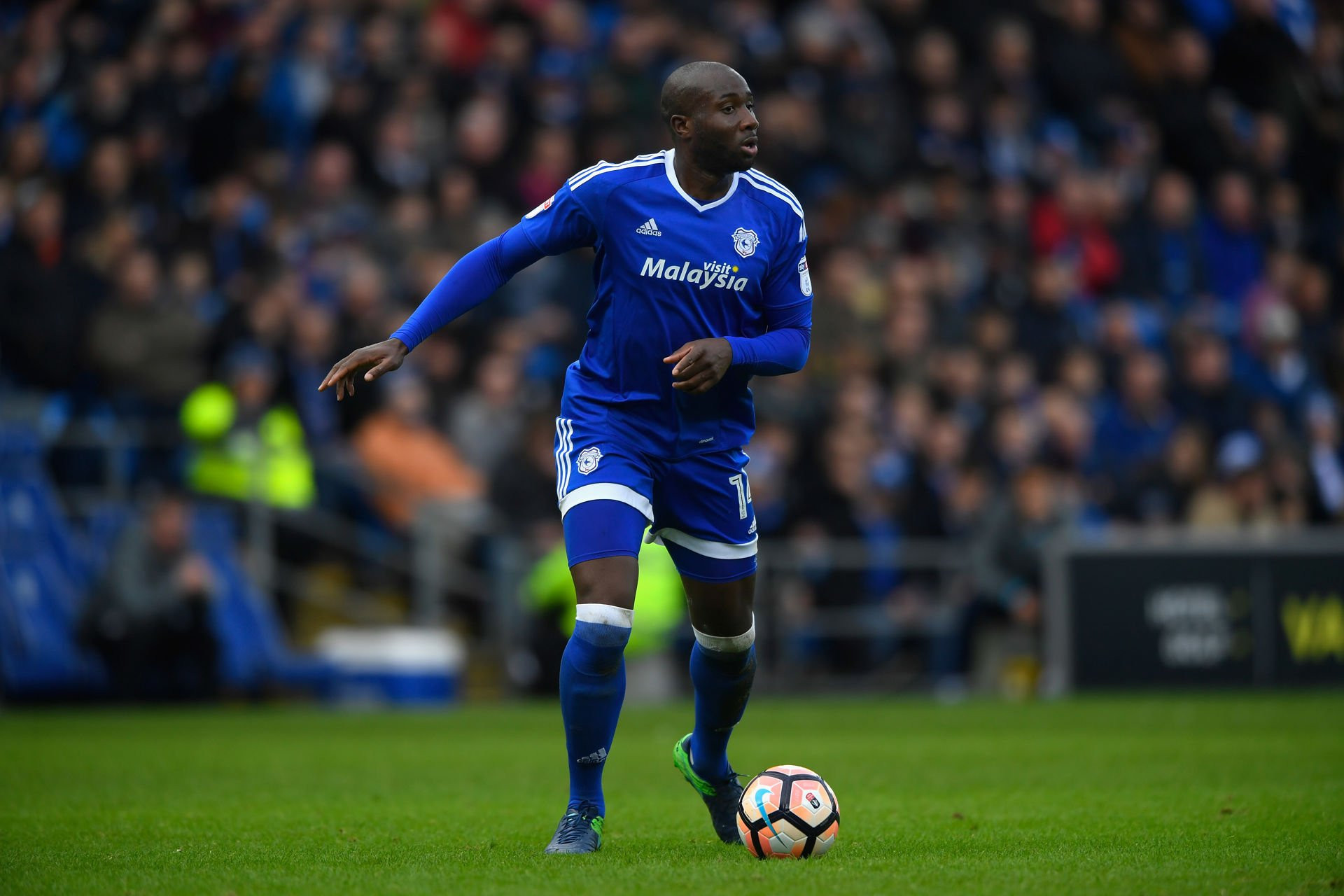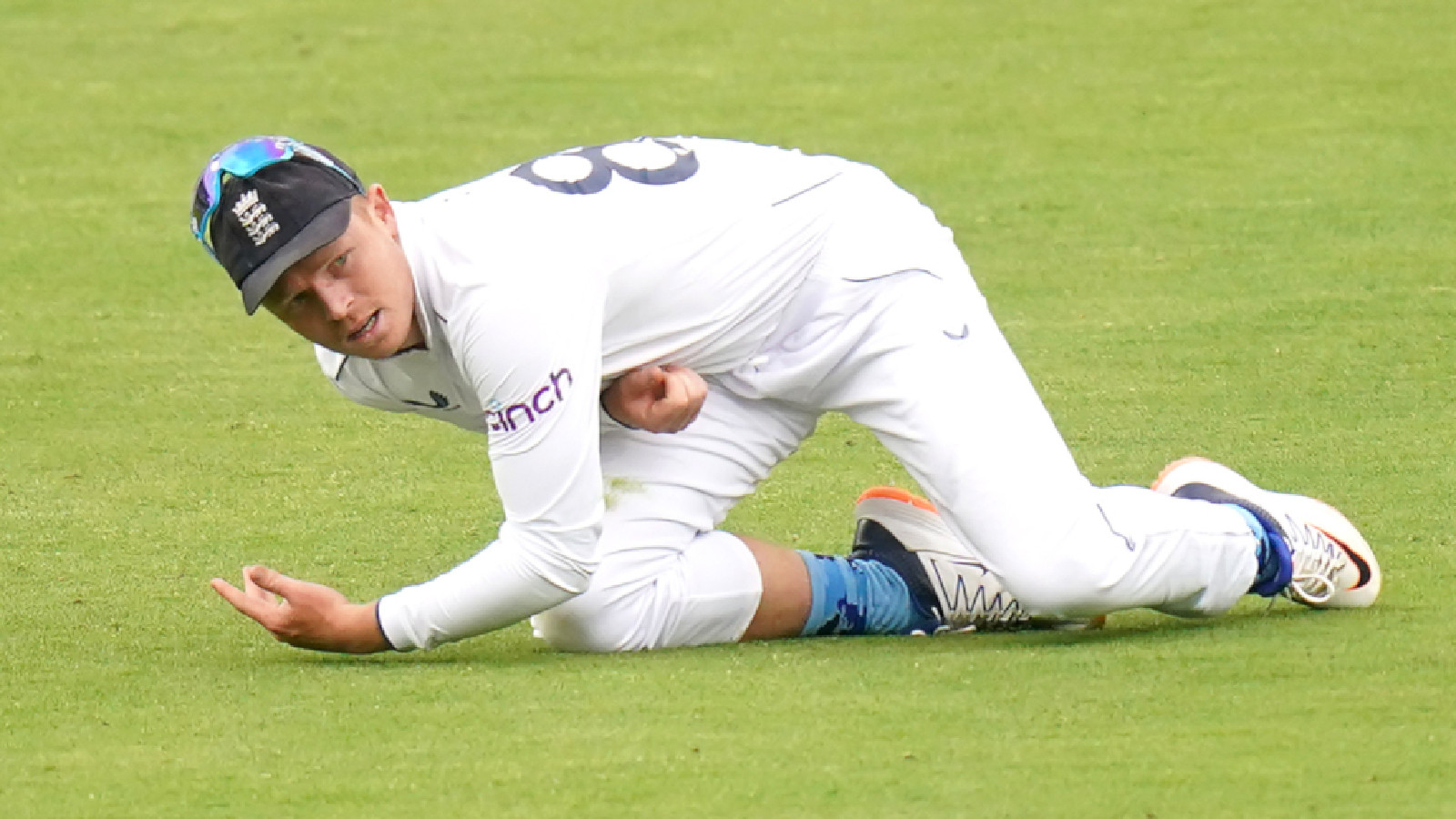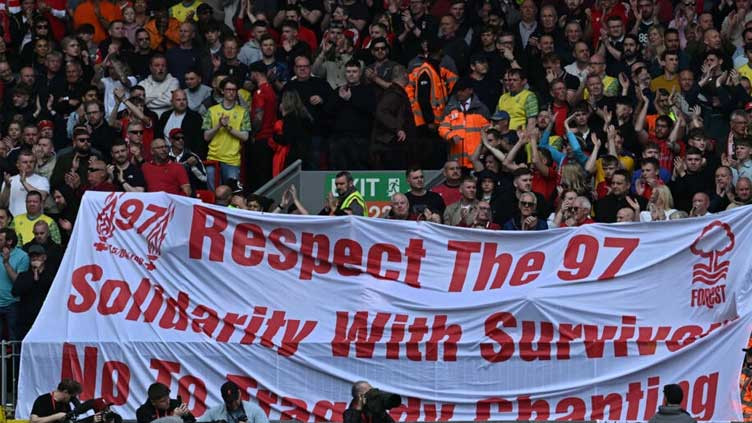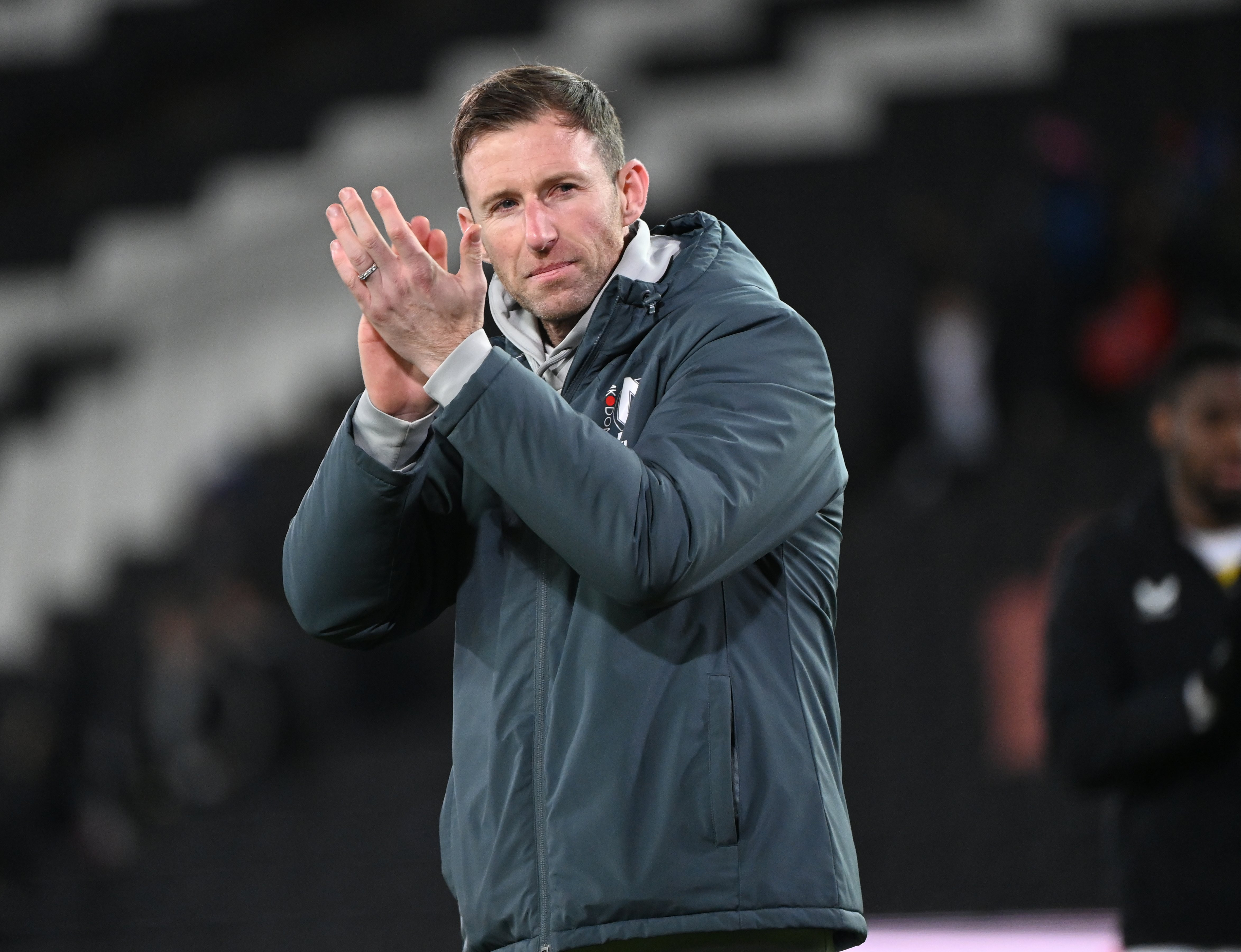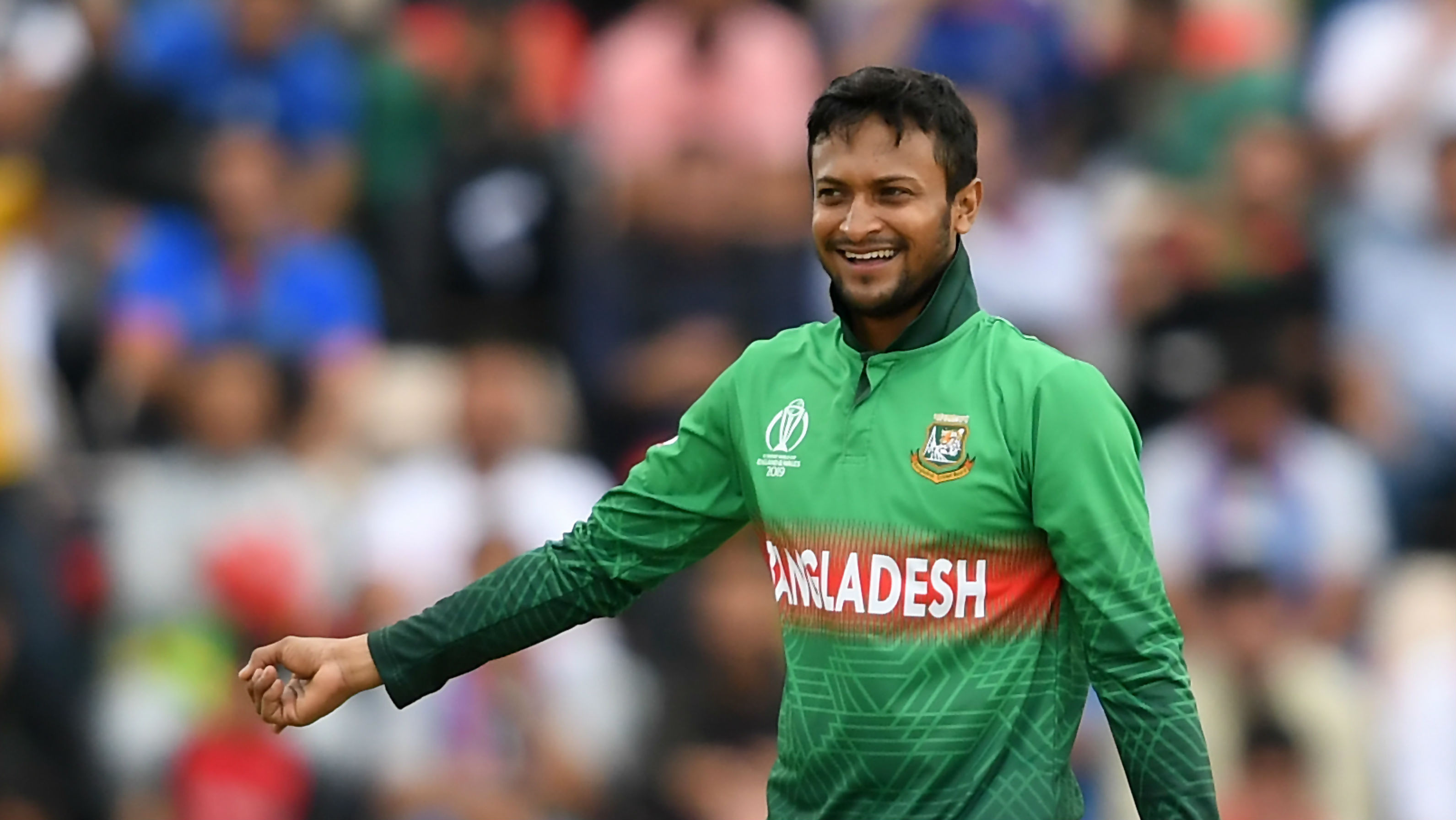It’s not often journalists are invited into football players’ promotion parties but Sol Bamba made a beeline for me.
It was May 2018 and Cardiff City had just made history, promoted to the Premier League in Bamba’s first full season at the club. He had just helped the Bluebirds grind out a draw at home with Reading, which was enough to seal second place in the Championship and spark wild celebrations across the city. There was an outpouring of joy and Bamba, in unison with his old mentor Neil Warnock, had made it all possible.
Later that night, after the club’s end-of-season awards bash, the players were booked into a private bar in Tiger Tiger in the city centre. It could (and maybe should) have been an exclusive affair, but Bamba made a special effort to extend the invitations a little wider. It was a moment of bliss in his life, arguably the peak of his playing career, and he was eager for others to bask in it with him. He shunted the bouncer out of the way and lifted up the rope: all were welcome. I brought my Cardiff-supporting friend along and Bamba introduced us to the squad and poured out the drinks.
You could not help but warm to Bamba and his “beaming smile”, as Warnock put it on X. He made time for fans and the media in a way that is so rare for modern footballers, speaking with ebullience on or off the record about the game, but also about life. After an hour-long podcast recording during that 2017-18 campaign, he stayed for an extra coffee and chatted about his favourite Italian restaurant in Cardiff, Stefano’s, where he regularly took his wife, Chloe, and his children. He would ask how work was, how your family were doing.
Bamba was a gentle giant, but he also had a steely determination that made him a colossus on the pitch, an old-school centre-half who Warnock once surmised was a better pure defender than Virgil van Dijk. He became a leader in every dressing room he entered.
It was the strength of his personality, and Warnock’s, that drove a workmanlike Cardiff side to the promised land. The pair could have blazing rows in the changing rooms after a defeat – once at half-time at Norwich, Warnock even feigned anger at Bamba only to then fall about laughing – but every time they would make up by Monday morning and reconnect to drive training standards higher. Had it not been for the anterior cruciate ligament injury Bamba sustained in March 2019 Cardiff, unfancied and tipped to finish rock bottom, could well have stayed up.
Even once Bamba had achieved his lifelong dream of playing in the Premier League, he remained grounded, never losing his sense of humour. Who can forget that interview after he scored the winner against Brighton, when a reporter reminded him he should have been booked for removing his shirt? His cheeky response, in that distinctive half-Parisian, half-Scottish accent – stemming from his time with Dunfermline and Hibernian – was classic Bamba: “I know, I know – don’t tell anyone! We’ll keep it to ourselves.”
Bamba approached his non-Hodgkin lymphoma diagnosis in January 2021 in the only way he knew how. He greeted it like it was an opposing striker: with a courageous challenge, still sporting that trademark smile. He was deservedly praised for raising awareness of the disease, campaigning for clubs’ medical departments to implement more cancer checks. He even returned to the pitch to play for Middlesbrough, cementing cult hero status when scoring the fifth penalty in an FA Cup shootout win at Manchester United. He had been desperate to play at Old Trafford having missed Cardiff’s league game there through injury.
The tributes that have followed his tragic death this week have spoken for themselves, a mark of the man as much as the player. Bamba played only 52 league games for Leicester, 51 for Leeds, yet left an indelible mark on the two big clubs; he played even fewer games for Boro but is beloved on Teesside.
For Warnock, his “perfect manager” and a father figure to Bamba, his death has hit particularly hard. “Sol was a ray of sunshine and I’ll miss him so much,” the veteran coach said. “I’m so happy that Sol was part of my life and we had such brilliant memories together.”
Some footballers are immortalised for what they did on the pitch, creating magic memories that will last a lifetime. But Bamba was different. He will be remembered, not only for his buccaneering displays from centre-back and the rabble-rousing fist pumps to the crowd but for his humanity, greeting all with a warm grin and a hearty laugh.
Those qualities will live long in the memory for everyone lucky enough to have known Sol Bamba. He was a gentleman.
Bamba’s Legacy: From Elland Road to Cardiff
I loved Sol Bamba’s accent. He was a Parisian of African descent who played in France, Turkey and Italy, but the first thing you heard whenever he spoke was a touch of Edinburgh. Three years at Hibernian saw to that, as did two previous seasons across the Firth of Forth with Dunfermline. Football left its mark on him, and he did the same.
Bamba was always up for the next adventure, wherever it was. The last time we spoke, he was getting involved with the Ivory Coast’s coaching team en route to them winning the Africa Cup of Nations back in February. The time before that, he was organising his diary to create time to pursue his UEFA Pro coaching licence. Any time you asked about his health, you heard: “I’m good, mate. I’m good.” He’d stick to that line even if he wasn’t, because he didn’t find solace in bringing people down.
His death at 39, announced on Saturday night, will bring so many people down.
Bamba was easy to love — a veritable diamond, with the most infectious smile this side of anywhere — and social media today is a barometer of his reputation. I started writing about him when he joined Leeds United in 2015 and the best way I can define him is as father figure, cult hero and solid backbone rolled into one. He wasn’t Leeds’ greatest player. He wasn’t even close. But his personality in that particular period of time (when it was safer to hide than stick your neck out) earned him his stripes.
That’s not to say Bamba wasn’t an accomplished centre-back. He had height, he had strength, he had heart and he was devoted, an Ivory Coast international with almost 50 caps to his name. Now and again, he’d give everybody at Leeds the heebie-jeebies with bomb-scare runs out of defence (there was his adventurous side) but you know what? Football needs a bit of cavalier spirit. Football needs Sol Bambas.
When time ran out for him at Elland Road early in the 2016-17 season, he severed his contract quickly and left. He was a club captain who couldn’t get a game any longer, and he worried his presence in the dressing room would be a hindrance. “They didn’t need that,” he said later. “It was better for them that I got out of the way.”
Bamba won friends at Leeds because he fought for the club, metaphorically as well as physically.
It’s hard to fully explain the state of the club around 2015 but take it from me: the environment was volatile, negative and often poisonous.
Leeds were a Premier League entity trapped in the Championship, acting like they would be stuck in the second tier of English football forever. Massimo Cellino, the owner then, ran the show — and ran it like the Wild West. You encountered ludicrous unpredictability in the boardroom. There were cliques and divisions in the dressing room. Managers/head coaches had a shelf life similar to bottles of milk because Cellino could not get enough of sacking them. And in the thick of it all, you had Bamba.
Twice, Bamba spoke out publicly, criticising the club’s senior management and demanding better. His first dig was especially risky because he was only on loan from Italian club Palermo, with no guarantee of a permanent contract with Leeds. He had also risen to the position of captain, though, and you find out about players in fractious circumstances. It’s easier to stand back and to say nothing, to bottle out. Bamba preferred to say what needed to be said, and damn the consequences.
It was telling that, despite his comments, Leeds signed him permanently from Palermo, almost as if Cellino admired the size of his cojones.
I often wondered if the best route to making Cellino listen was to front him up, and Bamba’s willingness to carry the flag has not been forgotten. At Elland Road, you see, countless people have failed the crowd over the past 20 years. Those who didn’t are perennially appreciated. To put it another way: Bamba could have gone drinking in Leeds for a week without having to buy a pint.
In 2020, he was diagnosed with a form of cancer on Christmas Eve.
We’d become friends over the years after he left Elland Road and a few days on from his last hit of chemotherapy, I interviewed him for The Athletic. One of the first things he asked the doctor who diagnosed him was, “When’s my next game?” He was a Cardiff City player by then and he spoke about his illness as if it was a minor interlude in his life and career, something he would power through. “I can’t finish like this,” he said. “This isn’t it.” And it wasn’t.
Not long after, he tweeted to say he was cancer-free, but a post on Instagram from his wife Chloe last night revealed that the illness had returned. “It was never a fair fight,” she wrote. “Just when things were looking up, he took a downturn.” Bamba had accepted it as “God’s will”, she said, which sounds like him.
He’ll have gone without resentment or bitterness, the embodiment of his glorious smile.
A Gentle Giant, A True Hero
The tributes following his death at 39 have spoken for themselves: a mark of the man as much as the player.
Bamba played more than 100 times for the Cardiff City and was assistant manager for six months in 2023




